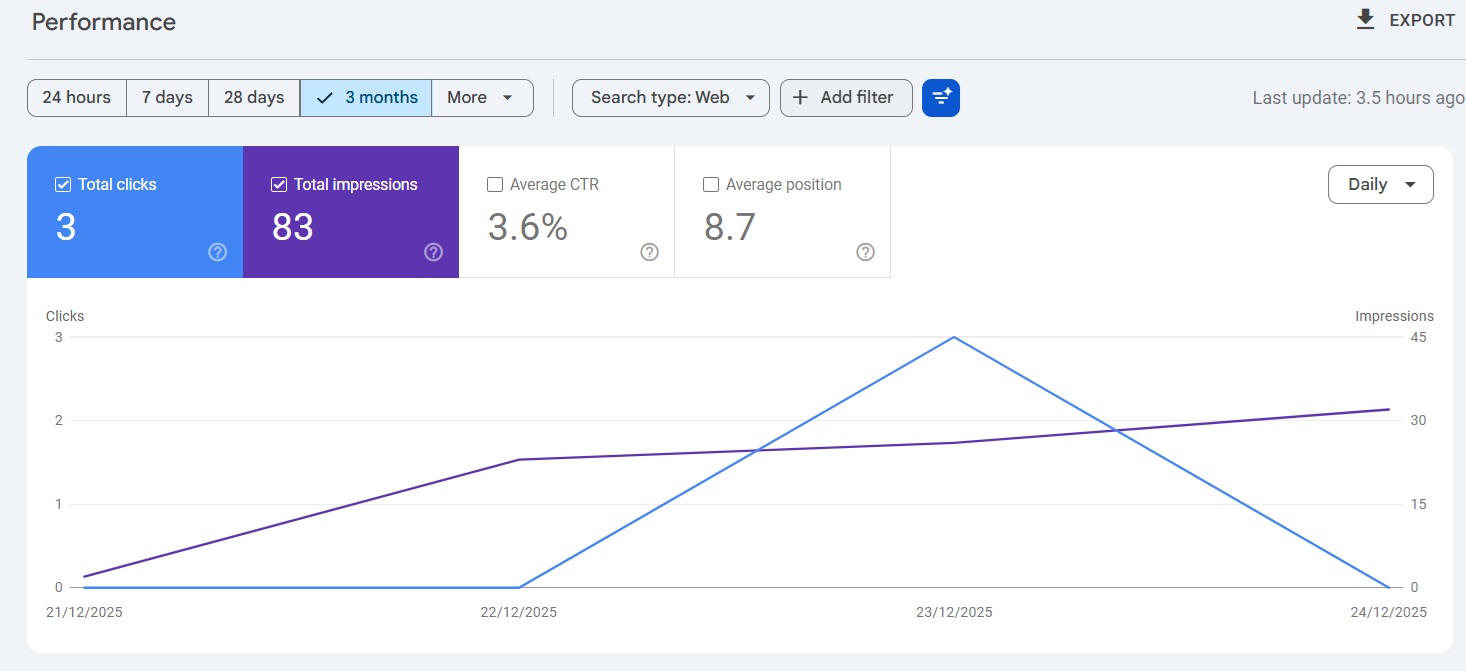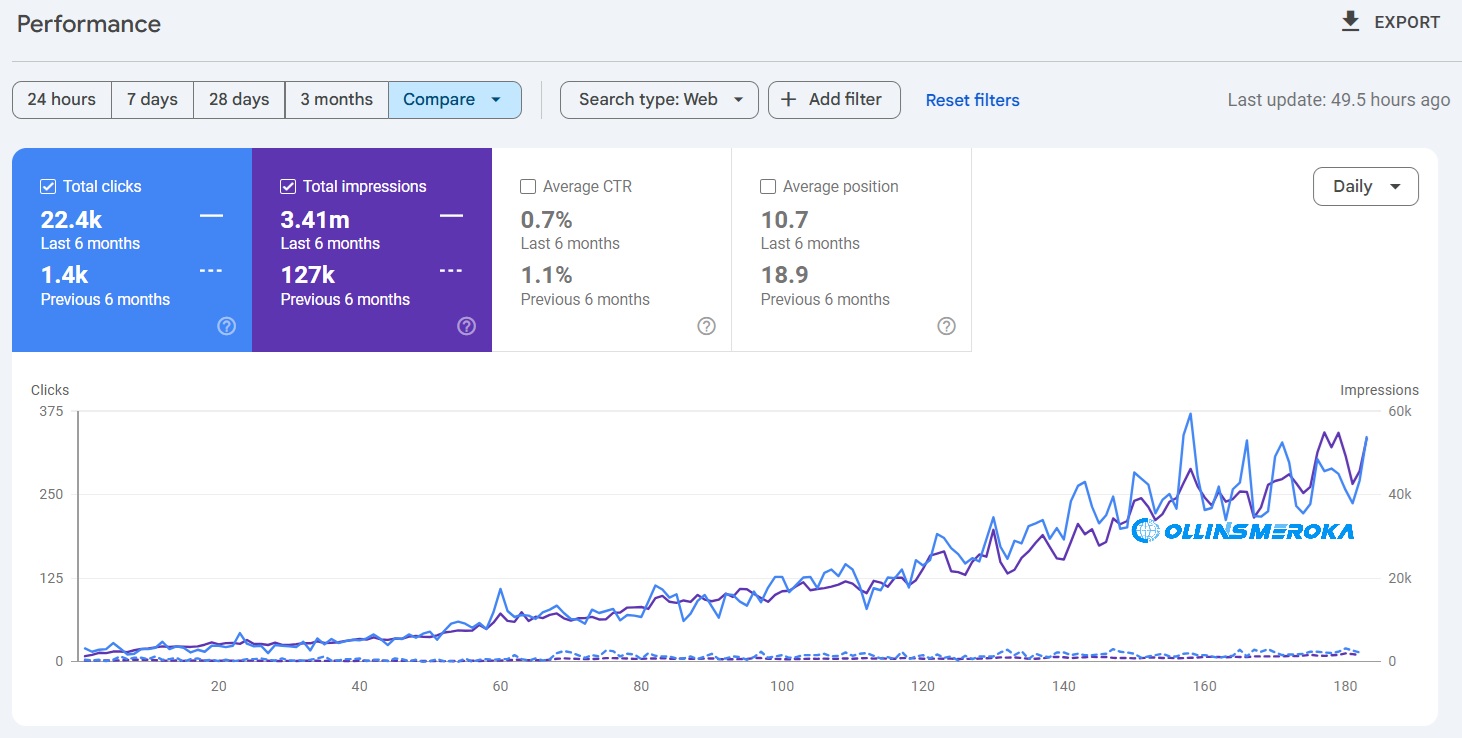Affiliate marketing in Kenya in 2025 is a performance-driven online business where affiliate marketers earn commissions by promoting products and services from local and international merchants through unique tracking links. With Kenya’s mobile-first economy and growing digital marketing ecosystem, it's a proven way to make money online by connecting brands to buyers across Kenya.

I’ve worked as an affiliate marketer in Kenya for over a decade. During this time, affiliate marketing has evolved from a niche strategy to a core component of digital marketing and online business success. It’s now a trusted model that allows Kenyan content creators to earn commissions by promoting products through affiliate links and generating sales online.
This is not a quick money scheme. It’s a reliable, scalable way to build a passive income stream. This guide is based on my experience, proven affiliate strategies, and insights into what actually works in the Kenyan market today.
What is Affiliate Marketing and How Does It Work in Kenya?
Affiliate marketing is a partnership between a brand and a marketer. As an affiliate, you promote products or services using a unique tracking link. When someone clicks your affiliate link and makes a purchase, you earn a commission. It’s simple, effective, and designed to reward performance.
The process relies on affiliate networks and cookies. When a customer clicks your tracking link, a cookie is placed on their device, helping the system attribute any future sale to your affiliate ID within a specified window (cookie duration).
The Key Players in the Affiliate Marketing Ecosystem in Kenya
- Merchant: The brand selling products or services. In Kenya, this includes popular names like Jumia, Kilimall, and E-Mart Kenya.
- Affiliate (You): The marketer who promotes the products. This could be a blogger, YouTuber, or social media content creator in Kenya.
- Affiliate Network: A platform connecting affiliates with merchants. Examples include ShareASale, CJ Affiliate, and the Jumia Affiliate Program.
- Customer: The person who completes the purchase through your referral link.
How Affiliate Marketers Earn Money Online in Kenya
Let’s say you run a blog post about “Best Fitness Watches in Kenya.” A visitor clicks your affiliate link to a Jumia product. Even if they don’t buy immediately, as long as the 7-day cookie is active and they purchase later, you still earn a commission.
Popular Commission Models in Kenya
- Pay-Per-Sale: You earn a percentage of the product sale. This is the most common and sustainable model in Kenya.
- Pay-Per-Lead: You get paid when a visitor signs up or fills a form. This model is common in sectors like software and finance.
- Pay-Per-Click: You earn a small amount for each click. While rare, some affiliate programs in Kenya still support it.
Getting Started: How to Do Affiliate Marketing in Kenya
Here’s a simple step-by-step breakdown for new marketers looking to get started with affiliate marketing and start earning commissions:
1. Choose a Niche That Works in Kenya
A niche focuses your content and helps you connect with a specific audience. Examples include:
- Top niches in Kenya for 2025: Digital finance (apps, Saccos), smart home gadgets, fashion and beauty, online education, and travel (including KLM Kenya and Dancom Tours and Travel).
2. Build Your Platform
- Blog or Kenya website: Best for SEO and long-term affiliate income.
- YouTube Channel: High-converting platform for reviews, especially in electronics, cooking, and beauty.
- Social Media (TikTok, Instagram): Fast audience growth, great for viral content.
3. Join Affiliate Programs That Pay Kenyans
Look for the best affiliate programs in Kenya based on ease of joining, cookie duration, and payment methods like M-Pesa or Payoneer. Some trusted programs to join include:
- Jumia KOL Program: Trusted by many affiliate marketers in Kenya. They pay via M-Pesa and support a wide range of products.
- Kilimall Affiliate Program: Also Kenya-focused with good tracking tools and payout options.
- Travelstart Affiliate Program: Great for travel-focused content creators promoting flights and hotels in Kenya and East Africa.
4. Create Helpful Content
Focus on helping users make decisions. Your role is to promote products with useful insights, not just push links.
- Examples: “Kilimall vs Jumia for Online Shopping,” “Best Web Hosting Services for Kenya Websites,” or “Review of Sage Kenya Business Tools.”
5. Drive Traffic to Your Content
- SEO: Target local keywords like “cheap laptops Nairobi” to get traffic from google.co.ke.
- Social Media Marketing: Share posts and engage on platforms like TikTok and Instagram.
- Paid Ads: Effective if used carefully on proven affiliate offers.
Top Affiliate Programs That Pay Kenyans
Best Affiliate Programs in Kenya (Local)
- Jumia Affiliate Program: Kenya’s largest online shopping destination with a wide product range. Commission rates are decent and payouts are reliable via M-Pesa.
- Kilimall: Ideal for fashion, electronics, and smart home products. Kenyan-focused affiliate dashboard makes tracking easy.
International Affiliate Programs Accessible in Kenya
- Amazon Associates: High trust and global reach. Use Payoneer to receive payments as Amazon does not support direct payouts to Kenya.
- CJ Affiliate and ShareASale: Huge affiliate networks with thousands of merchants including travel, finance, and web hosting brands. These platforms allow you to promote products across Kenya and earn USD.
Tips for Choosing a Program
Look beyond commission rate. A best affiliate program should have:
- Strong brand trust in Kenya
- Long enough cookie durations (7–30 days)
- Easy payment methods (M-Pesa, Payoneer, or direct bank transfer)
How to Get Paid as an Affiliate Marketer in Kenya
Top Payment Methods for Kenyan Affiliates
- M-Pesa: Ideal for local affiliate programs like Jumia and Kilimall.
- Payoneer: Recommended for global affiliate marketing programs like Amazon. Lets you withdraw directly to your bank or M-Pesa.
- PayPal: Widely accepted and linkable with M-Pesa.
- Bank Transfers: Used by international platforms, though slower and less ideal due to fees.
Understand Thresholds and Currency
Most affiliate programs have a payout threshold (e.g., $50–$100). Always factor in currency exchange fees and ensure your affiliate dashboard tracks your earnings clearly.
Stay Compliant with KRA
Once you start earning consistently, you must report your affiliate income to KRA. Consider registering as a sole proprietor and keeping clear financial records.
What Makes a Successful Affiliate Marketer in Kenya
Trust Comes First
Be transparent, disclose affiliate links, and only promote products you trust. Focus on content that helps real Kenyan buyers solve real problems.
Apply Local SEO and Culture
Use local keywords, understand the Kenyan buyer, and tailor your content with relevant examples. Mention local holidays, use Sheng if appropriate, and address pain points unique to Kenya’s online shopping culture.
Use Smart Marketing Strategies
Combine blogging with video and social media. Grow your online presence, and reuse your best-performing content in multiple formats.
How to Get Started with Affiliate Marketing and Build a Real Online Business
Affiliate marketing is a practical entry point into the e-commerce space in Kenya. Unlike setting up your own store, you're promoting products for established brands and earning a commission through a unique link tied to your content. Whether you're posting a product review, a comparison, or a tutorial, that link tracks your referrals and helps you earn money online.
You’ll often see affiliates using simple tools like a banner ad on a blog or a well-placed link in a YouTube video description. What matters is how clearly your message connects with your audience and encourages clicks that lead to conversions.
Want to Learn Affiliate Marketing as a Skill? Start with the Right Training
If you're serious about turning affiliate marketing into a long-term online business, consider taking a structured affiliate marketing course. This helps you avoid common beginner mistakes and fast-tracks your understanding of key topics like niche selection, tracking tools, SEO, and platform monetization.
For hands-on support, our team offers personalized affiliate marketing training tailored for Kenyan marketers. Whether you’re just getting started or need help scaling, we guide you through the steps that matter most in today’s digital economy.
Final Thoughts on Affiliate Marketing in Kenya
Affiliate marketing is one of the most accessible ways to make money online for anyone in Kenya looking to build a flexible, scalable online business. Whether you’re based in Nairobi or across Kenya, you can earn commissions by promoting products you believe in.
The best affiliate marketing approach starts with choosing a good affiliate niche, building a trustworthy Kenya website or channel, and applying smart content and traffic strategies. With commitment and the right tools, you can become a successful affiliate earning consistent passive income in 2025.
If you're ready to start making money, there has never been a better time to become an affiliate marketer in Kenya.
About the Author

Collins Meroka is a Digital Marketing Consultant with over a decade of experience applying psychological principles to digital marketing campaigns across Kenya. He holds a degree in Telecommunications... [Read more]


